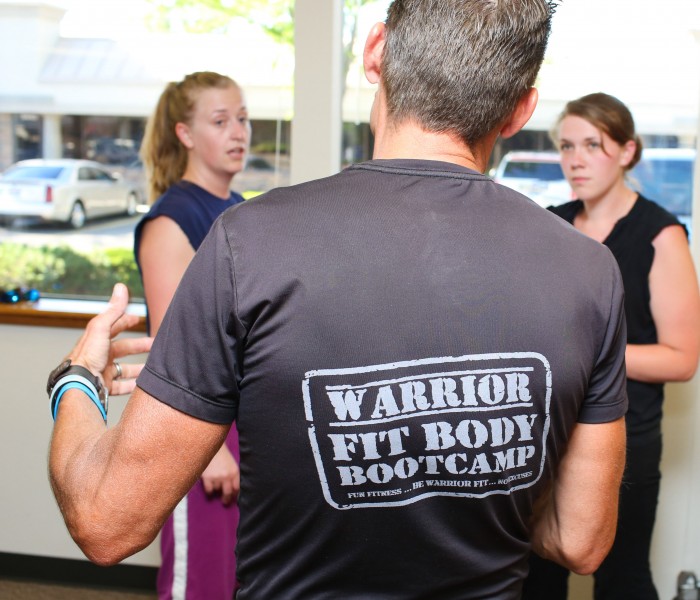I've been getting a ton of questions about Eat Stop Eat and The Warrior Diet and which is better. I've been using intermittent fasting steadily for 2-3 years (can't remember exactly when I started). I began with The Warrior Diet and it worked to a certain extent, but something didn't quite "feel" right. While I think The Warrior Diet was a groundbreaking book and it was the first book to bring intermittent fasting to the masses, I believe Eat Stop Eat is a more effective and healthy way to drop body fat. In this post, I will give you my experiences with both methods and explain crucial differences between these two ways of eating.
[I was actually searching for a picture of warriors or gladiators, but found this brutal photo instead. When will the violence end? Can't we all just get along!]
My One Meal Per Day Warrior Diet Post Has 1,371 […]
Original post by admin








 For now classes are 6pm and 640pm at 2840 Wildwood st in the Boise Cloggers studio.
Book your class NOW!
click this ==>
For now classes are 6pm and 640pm at 2840 Wildwood st in the Boise Cloggers studio.
Book your class NOW!
click this ==>








